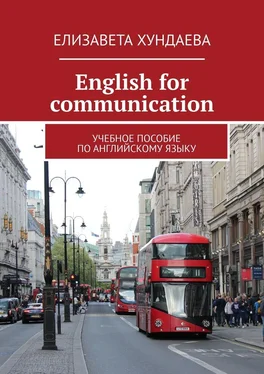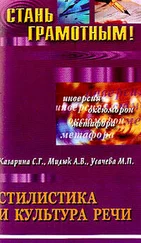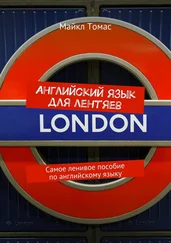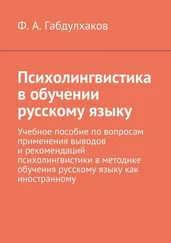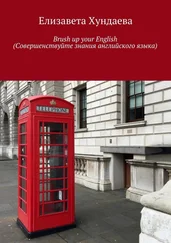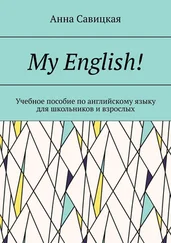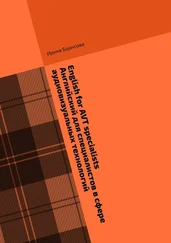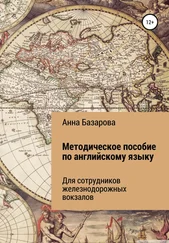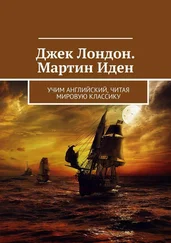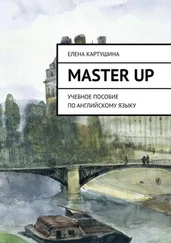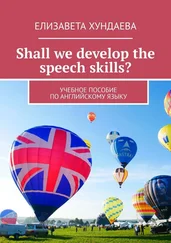Им нравится играть в эти игры (to play these games).
Тебе не нравится та идея.
Will you think of (пожалуйста, придумайте) the similar (подобный, похожий) sentences, please.
The interrogative (вопросительный) sentences
You hold conferences. – Утвердительное предложение. Вы проводите конференции.
Do you hold conferences? – Общий вопрос (А general question). Вы проводите конференции? Проводите ли вы крнференции?
Where do you hоld conferences? – Специальный вопрос (A special question). Где вы проводите конференции?
Do you hold conferences or seminars? – Альтернативный вопрос (An alternative question). Вы проводите конференции или семинары?
You hold conferences, don’t you? – Разъединительный или расчлененный вопрос (A tag or a tail question). Вы проводите конференции, не так ли?
Who holds conferences? – Вопрос к подлежащему. Кто проводит конференции?
The possessive (притяжательный) pronouns
This is my book. The book is mine. It’s mine.
That book on the desk over there (вон там) is Ann’s. That’s Ann’s book. It’s hers.
That is his opinion. The opinion is his. It’s his.
That’s her pen. The pen is hers. It’s hers.
This pen is mine and that one is Kate’s.
This bag is Alex’s and that one over there is Dave’s. That is Dave’s. That’s Dave’s.
These are our hypotheses. They are ours. The hypotheses are ours.
Those are your decisions. The decisions are yours. They are yours.
Those are their warm clothes. Those warm clothes are theirs. They are theirs.
This is a part (деталь) of that machine (механизм). This is its (его) part.
That is their luggage (baggage). The luggage is theirs. It’s theirs.
Will you translate the following, please?
Это – моя ручка. Она – моя. Ручка – моя.
Тот карандаш на полке вот там Катин. Это – Катин карандаш. Он – ее (принадлежит ей).
Это его проект. Проект его (он принадлежит ему).
Это ее сумка. Сумка ее (она принадлежит ей).
Этот стол мой, а тот Петин.
Эта шапка Ника, а та (and that one), вон там (over there), Алекса. Та (шапка) – Алекса (принадлежит Алексу). That hat is Alex’s.
Это – их гипотезы. Они – их (They are theirs). Гипотезы – их (The hypotheses are theirs).
Это – ваши пожелания. Пожелания – ваши (are yours). Они – ваши (They are yours).
Это – их теплые свитеры (sweater). Свитеры – их. Они – их.
Это – деталь (part) того автомобиля. Это – его деталь (This is its part).
Это ваш багаж (luggage, baggage). Он – ваш. А этот – его (And that is his).
The task:
Please, play in roles. The discussion point (вопрс, тема) is «What, which and whose (чей)?» Think of the subject (тема); the place; the cast list (список участников), the guests (гость); the situation; the follow-up (продолжение).
The relative (относительный) pronouns
Will you read the following, please?
– Give me your dictionary, please. – Here you are (Вот, пожалуйста).
– Tell him to come. – By all means (непременно, обязательно).
– We told her of the meeting. – Thank you.
– I’d like to tell you the news. – That would be nice, indeed.
– We took the program along with us (c cобой). – That’s very thoughtful (предусмотрительно).
– Inform them of the deadline (дедлайн, поледний срок) of the application (заявка, заявление). – Yes, sure (Да, конечно).
– Tell us the news. – Yes, certainly.
– I spoke with them the other day (на днях). – Really?
Translate the following, please.
– Дай мне твою ручку, пожалуйста. – Вот, пожалуйста.
– Скажи ей, чтобы пришла. – Непременно (by all means).
– Они сказали ему об этом. – Хорошо.
– Я бы хотела (I’d like) взять книги. – Пожалуйста (yes, sure).
– Мы взяли с собой (We took along with us) теплую одежду. – Это очень предусмотрительно (thoughtful).
– Скажите им о последнем сроке (deadline) подачи заявки (application). – Обязательно (sure; by all means).
– Расскажите ей новости (Tell her the news). – Да, конечно (Yes, sure).
– Мы разговаривали с ней на днях (We spoke with her the other day). – Правда (You did, didn’t you? Did you)?
The task:
Please, think of some requests (просьба) and replies (ответ).
The Gerundial Construction «one’s being»
My being here – То, что я здесь
My being a student – То, что я студент
Your being there in Moscow – То, что ты там в Москве
Your being a professional – То, что вы профессионал
His being at the station – То, что он на вокзале
His being warm-hearted – То, что он добрый
Her being in St’Petersburg – То, что она в Санкт-Петербурге
Her being сlever – То, что она умна
Our being at the Baikal – То, что мы на Байкале
Our being specialists – То, что мы специалисты
Their being so scrupulous about that – То, что они так щепетильны относительно этого.
Their being here at the moment – То, что они здесь сейчас
My being here at the moment was quite favorable to me. – То, что я был здесь в тот момент, было удачным (благоприятным) для меня.
Нis being a professional was not a news to me. То, что он профессионал, не было новостью для меня.
Their being content with the conference was quite obvious. То, что они довольны конференцией, было вполне очевидно.
Our being at the Baikal at that time was a piece of luck for we met a lot of our acquaintances we had not seen for ages. То, что мы находились на Байкале в тот момент, было удачно, так как мы встретились со многими нашими знакомыми, которых давно не видели.
Will you translate, please?
Их присутствие (being present) там обязательно. То, что вы правы, очевидно (evident). То, что я здесь, приятно (is a pleasure). То, что они на конгрессе, хорошо. То, что вы аспирант (роst-graduate student), неплохо. То, что они довольны (their being content), очень хорошо. То, что она больна, очень плохо. То, что он неважно себя чувствует (his being unwell), вызывает тревогу (is alarming). То, что их нет на месте (their being out, their being not in), вызывает у меня беспокойство (makes me uneasy).
Читать дальше
